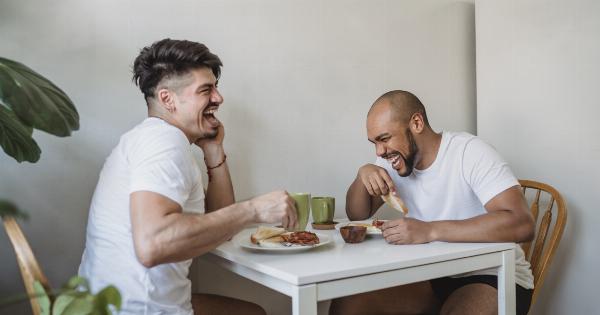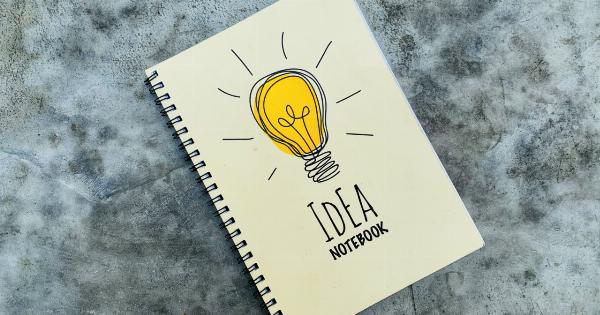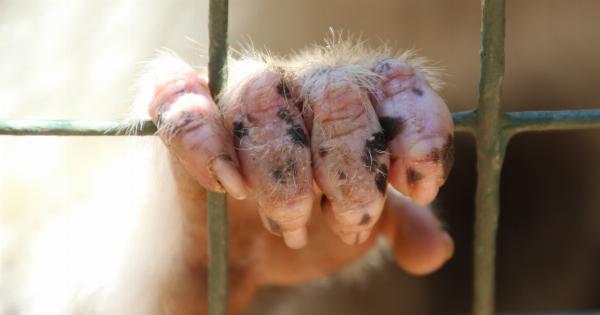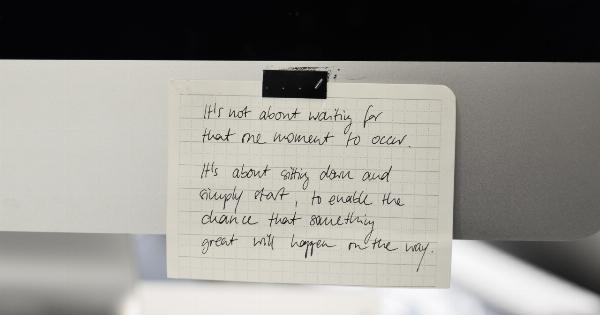Coffee is one of the most popular beverages in the world, enjoyed by millions of people each day. However, despite its widespread popularity, the preferences for how coffee is consumed can vary greatly from person to person.
Some individuals prefer their coffee black, while others enjoy it with milk or cream. Some like it hot, while others prefer it iced. The variations in coffee drinking preferences can be perplexing, and often seem inconsistent.
In this article, we will explore the reasons behind these inconsistencies and delve into the psychology and cultural influences that shape our coffee-drinking habits.
1. Personal Tastes and Sensory Experiences
One of the main reasons for the inconsistent nature of coffee drinking preferences is that individuals have different taste preferences and sensory experiences.
Some people have a preference for bitter flavors and enjoy the robust taste of black coffee, while others may find it too strong and prefer a milder version with added milk or sugar. Our taste preferences and sensory experiences are shaped by various factors such as genetics, past experiences, and cultural influences, creating a wide range of coffee preferences.
2. Cultural Influences and Traditions
Cultural influences play a significant role in shaping our coffee drinking preferences. In some cultures, such as Italy, coffee is traditionally consumed as a short, strong shot of espresso.
In other cultures, like the United States, coffee is often consumed in larger quantities and with added milk or flavorings. These cultural norms and traditions shape our understanding of what constitutes a “good” cup of coffee and may influence our preferences accordingly.
3. Convenience and Accessibility
Another factor that contributes to the inconsistent nature of coffee drinking preferences is convenience and accessibility.
In a fast-paced society, the convenience of instant coffee or coffee pods may appeal to those who prioritize speed and efficiency. On the other hand, coffee enthusiasts who value the process and quality of their brew may opt for grinding fresh beans and brewing their coffee using a manual method.
The availability of different brewing methods and coffee options further adds to the variations in preferences.
4. Health Considerations
Health considerations also play a role in determining coffee drinking preferences. Some individuals may avoid or limit their caffeine intake due to health conditions or sensitivity to caffeine.
They may choose decaffeinated coffee or alternative beverages altogether. Others may enjoy the energizing effects of caffeine and prefer a strong cup of coffee to start their day. Health concerns and individual needs influence our coffee preferences and contribute to the inconsistency seen among coffee drinkers.
5. Social and Peer Influence
Humans are highly social beings, and our preferences are often influenced by the people around us. The social aspect of coffee drinking can significantly impact our preferences.
For instance, if we see our friends and colleagues enjoying a particular type of coffee, we may be more inclined to try it ourselves. Additionally, the rise of social media and coffee influencers has further influenced our preferences, as we are exposed to different brewing methods, coffee shops, and trendy coffee concoctions.
6. Marketing and Advertising
The coffee industry is highly competitive, and companies invest significant resources in marketing and advertising their products.
The marketing strategies employed by coffee brands can influence our preferences and perceptions of different types of coffee. Clever advertising campaigns, endorsements by celebrities, and claims of superior quality can draw us towards specific brands or types of coffee, ultimately shaping our preferences in an inconsistent manner.
7. Price and Availability
Price and availability of coffee also influence our preferences. Specialty coffees, such as those sourced from specific regions or made from rare beans, may be pricier and less readily available.
These factors can create an impression of higher quality or exclusivity, leading some individuals to prefer such coffees. Conversely, others may prefer the affordability and accessibility of mass-produced coffee or opt for local, independent coffee shops to support their community.
8. Emotional Associations and Rituals
Coffee is not just a beverage; it is often associated with particular emotions, memories, and rituals. The smell of freshly brewed coffee in the morning can evoke feelings of coziness and comfort.
Our preferences may be influenced by the emotional associations we have with coffee, such as enjoying a cup while reading a book or having conversations with loved ones. These emotional connections and rituals further contribute to the inconsistency in coffee drinking preferences.
9. Evolving Tastes and Trends
Tastes and trends change over time, and this is also evident in the world of coffee. New brewing methods, flavors, and coffee blends are constantly being introduced, catering to evolving tastes and trends.
Coffee drinkers may experiment with different options and preferences as they explore and adapt to these changing trends. These evolving preferences contribute to the inconsistent nature of coffee drinking habits.
10. Personal Experiences and Discoveries
Finally, personal experiences and discoveries can have a significant impact on our coffee drinking preferences. Trying a new coffee blend or experiencing a unique flavor profile can open up a new world of preferences and possibilities.
Our preferences may change and evolve over time as we discover new favorites or expand our knowledge of the vast range of coffee options available.































